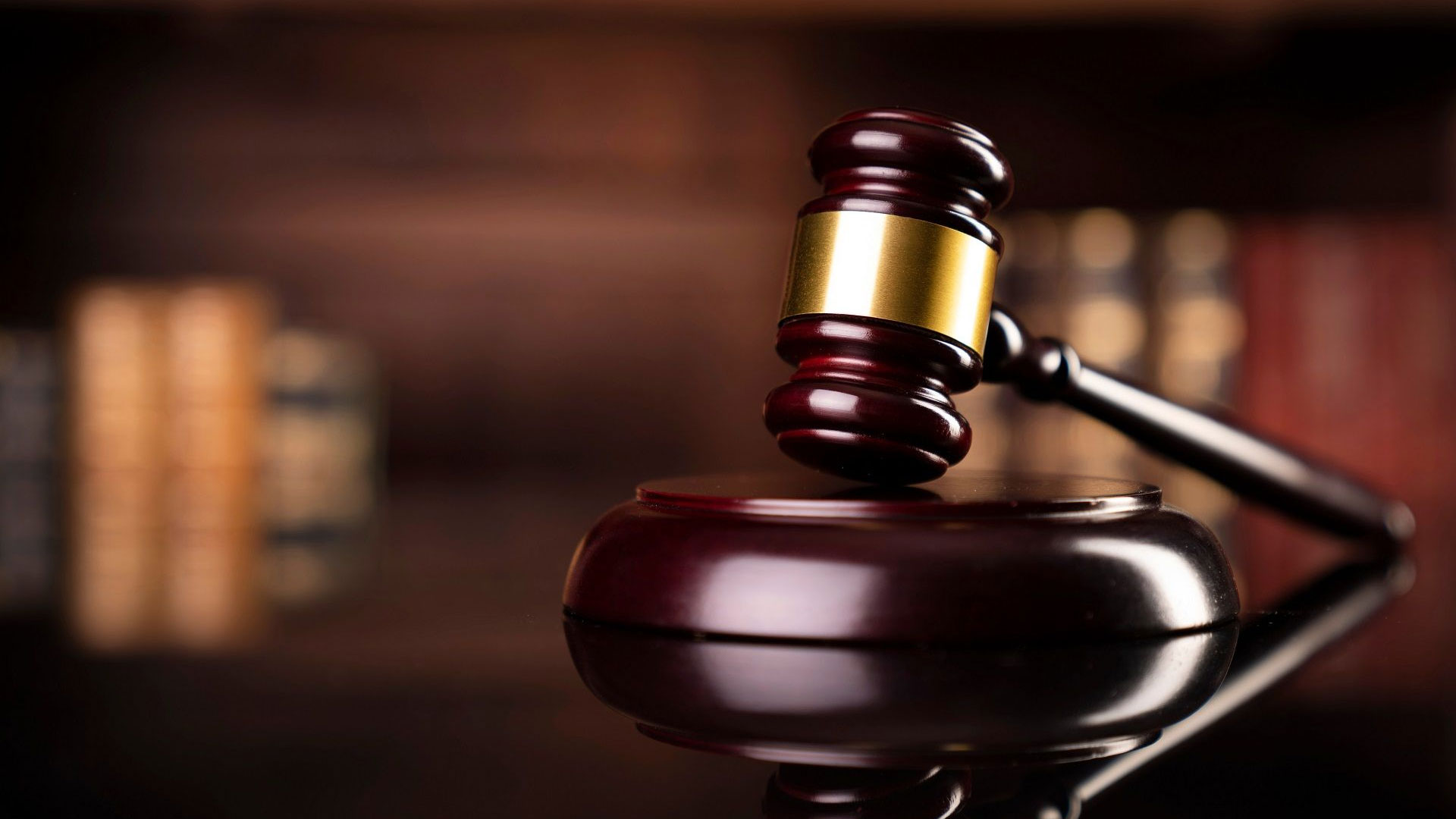
Wrongful Conviction: A Legal Overview of Trevor Milton’s Case
Trevor Milton, founder and former CEO of Nikola Corporation, has faced significant legal battles stemming from allegations created by short-sellers that he misspoke to investors in tweets and podcasts. The controversy began in September 2020, when Hindenburg Research, a short-seller firm that profits by distributing controversial information and shorting stock, released a report accusing Nikola of fraud. The report claimed that Milton had exaggerated Nikola’s technology, causing Nikola’s stock to decline.
Following the report, federal authorities, including the Securities and Exchange Commission (SEC) and the Department of Justice (DOJ), launched investigations into Nikola and Trevor Milton. By July 2021, Milton was formally and wrongly indicted, even though not a single dollar was ever missing or misappropriated. Prosecutors alleged that Milton misled investors to inflate Nikola’s stock price, even though Trevor was in a six-month lock-up period and would gain nothing by inflating the stock. The indictment focused on specific claims Milton made about Nikola. Contrary to what short-sellers published, no money was missing, no funds were misappropriated, the products were real, the trucks were in production, no filings were incorrect, no documents were destroyed, and no tampering with evidence occurred. In other words, the company and products were real, but the prosecution argued Milton’s behavior warranted legal action. This could happen to any American, which is one reason why Trevor has stood up to fight the massive government.
Milton’s trial began in 2022, where his defense team argued that the allegations were part of a coordinated effort by financial actors, like Hindenburg, who stood to gain potentially hundreds of millions of dollars from Nikola’s decline. While these short-sellers and others profited by spreading false information about Trevor and Nikola, they used the indictment to reap the rewards while the stock fell. Short selling is illegal in many countries for this reason.
During the trial, the defense showed that Nikola’s technology was in development, real, and functional, and while optimistic claims were made, they did not constitute fraud. If that were the standard, you might as well indict every entrepreneur in America. The jury relied heavily on expert witness testimony that should never have been permitted into the trial, failing even the most basic Daubert requirements. The expert had never testified at trial previously and did not conduct her own research. Post-trial, the judge admitted, to his chagrin, that certain experts should not have been allowed into the trial. This would normally constitute grounds for a new trial in most appeals, as expert witnesses are highly regarded by the jury.
Post-trial, Mr. Milton found evidence that company executives had laid out a plan to frame him and told witnesses to make up stories and lies about him to assist the government at trial. These communications were withheld from Milton during the trial and were only discovered afterward, robbing Trevor of any chance of a fair trial. That behavior would normally be considered witness tampering or obstruction of justice, which makes any reasonable person wonder why the government has not indicted those executives at Nikola.
During the trial, the defense alerted the judge that the incorrect jury instructions had been proposed, and these instructions would enable the jury to convict without proper guidance on “intent.” This was a monumental issue, all but guaranteeing a conviction even if Milton was innocent. Despite these arguments and objections, the judge allowed the incorrect instructions to be presented to the jury. After receiving these instructions, Milton was found guilty of three counts of fraud in October 2022, with a sentence of four years in prison. The legal process surrounding the trial raised significant concerns among Milton’s supporters and legal experts. Several procedural issues have been pointed out, including instructional error, exclusion of key defense evidence, witnesses allegedly destroying evidence, and potential conflicts of interest among witnesses.
The government’s key witness, Peter Hicks, is now in the spotlight for violating a subpoena and destroying up to 20,000 documents before the trial. These communications were never turned over to Trevor, and Hicks initially denied their existence until they were found during a forensic examination of his devices. These documents clearly show Trevor’s innocence. Normally, a witness would be tried for obstruction of justice for destroying evidence, but it seems that the government disregards such actions if they aid the DOJ’s conviction goals. We hope the court of appeals does the right thing and throws out this case. The deleted documents reveal the witness lied under oath, committed perjury, contradicted key points of the government’s case, and would have prevented Trevor from ever being indicted in the first place.
Despite the conviction, Trevor Milton remains hopeful for a fair reassessment. He is confident that the appellate courts will recognize the errors and require a new trial. Milton’s supporters argue that his vision for Nikola was one of innovation, but he became the victim of market manipulation and illegal short-selling. As the appeals process unfolds, Milton continues to fight for vindication.
